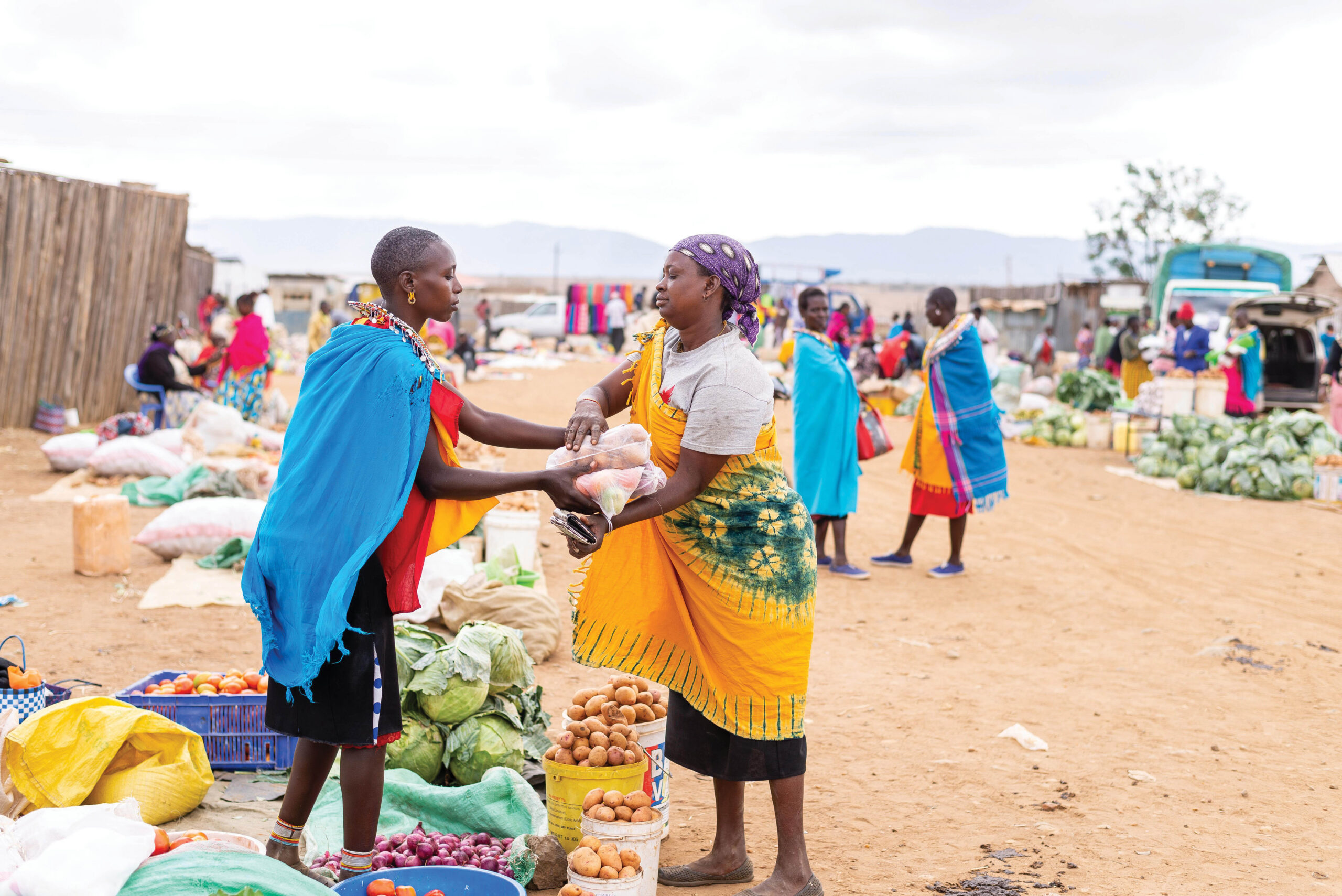REAP FOR NUTRITION
For many families in Africa’s drylands, a regular meal can be hard to come by — and a balanced one nearly impossible. As inflation worsens, so does malnutrition. To address this crisis, BOMA has designed the REAP for Nutrition Program which prioritizes the nutrition of children and pregnant or breastfeeding women. The REAP for Nutrition approach prioritizes women with children under five years old as well as households that are currently or have previously experienced child malnutrition. Entire households, including men, are engaged in nutrition-centric education.

REAP for Nutrition was developed through BOMA’s participation in USAID Nawiri, a five-year Development Food Security Activity (DFSA) funded by USAID’s Bureau of Humanitarian Assistance (BHA), aims to go beyond humanitarian assistance to sustainably reduce levels of Persistent Acute Malnutrition (PAM) in Samburu and Turkana counties. Through a consortium led by Mercy Corps and composed of Save the Children, Research Triangle Institute (RTI), BOMA and the African Population & Health Research Center (APHRC), BOMA has undertaken research to inform an evidence-based implementation strategy. Within this wider effort, BOMA is tasked with adapting its Rural Entrepreneur Access Project (REAP) approach to contribute to nutrition resilience.
A key part of the program adaptation includes a male engagement strategy. While traditional REAP focuses entirely on women building resiliency, REAP for Nutrition builds an additional outcome of improved nutrition that is critical to children’s proper development and growth by seeking to incorporate men, ensuring household alignment on best nutrition practices. The new strategy was tested among male participants with very positive results, as they expressed appreciation and enthusiasm for being involved in discussions around household wellbeing.
